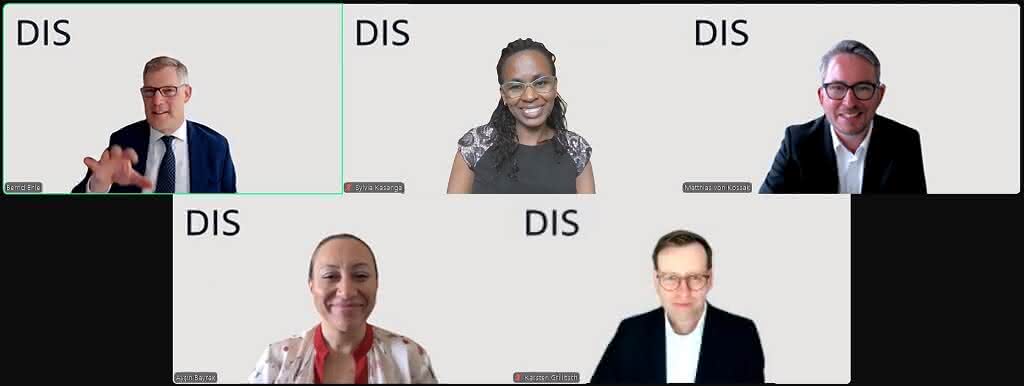
On June 12, a dynamic and insightful edition of the Lunch DIScussions explored the pivotal role of the Engineer in international construction projects. The session brought together leading voices to examine the Engineer’s dual function under the FIDIC 1999 and 2017 forms—as both supervisor and certifier, and as a key figure in dispute resolution.

The session was moderated by Bernd Ehle (LALIVE) and co-chair of the DIS Construction Group.
Our distinguished speakers:
Drawing on their extensive first-hand experience, the speakers explored a range of critical issues, including the Engineer’s contractual alignment with the Employer and the implications this has for neutrality. While the Engineer is expected to act impartially, there is an inherent tension between this formal neutrality and the practical reality that the Engineer is typically appointed by – and often seen as loyal to – the Employer. This structural dynamic is difficult to avoid, as the Engineer is usually retained before the Contractor and often plays a role in the Contractor’s selection. As such, the Engineer’s independence can be perceived as compromised from the outset.
However, the discussion emphasized that what ultimately matters is not the theoretical neutrality of the Engineer, but their fairness in practice. Disputes frequently arise not because of the Engineer’s alignment on paper, but when they fail to act fairly or transparently in their determinations. Equally, disputes can be triggered when Contractors do not provide sufficient evidence to substantiate their claims. The combination of perceived unfairness and evidentiary gaps often fuels conflict on construction projects.
In this context, the 2017 FIDIC contracts were widely recognized as a significant improvement over the 1999 edition. One of the most important developments is the express obligation placed on the Engineer to act neutrally and fairly when making determinations. The 2017 forms also reinforce the Engineer’s role in dispute avoidance, not just resolution – a shift that reflects a broader evolution in international construction contracting toward more balanced and proactive project governance.
Karsten Grillitsch